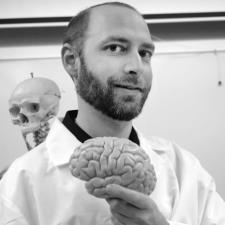
Geoff G. answered • 07/25/21
Extensive Experience Editing and Proofreading Formal Papers
You can arrive at the answer to this and your other question by making the distinction between evolution and development.
The key point is as follows: evolution only occurs at the population level. An individual does not evolve.
Evolution is defined as a change in allele frequencies between generations.
Individuals containing alleles that confer advantages in their environment are more likely to survive and pass on those alleles to the next generation. Conversely, individuals with deleterious alleles are less likely to survive and pass on those alleles. This will result in a change of allele frequencies meaning that evolution has occurred.
For all of the cases you've listed, consider whether the change is happening to an individual or if a population is going to change based on the presence of a beneficial trait.




